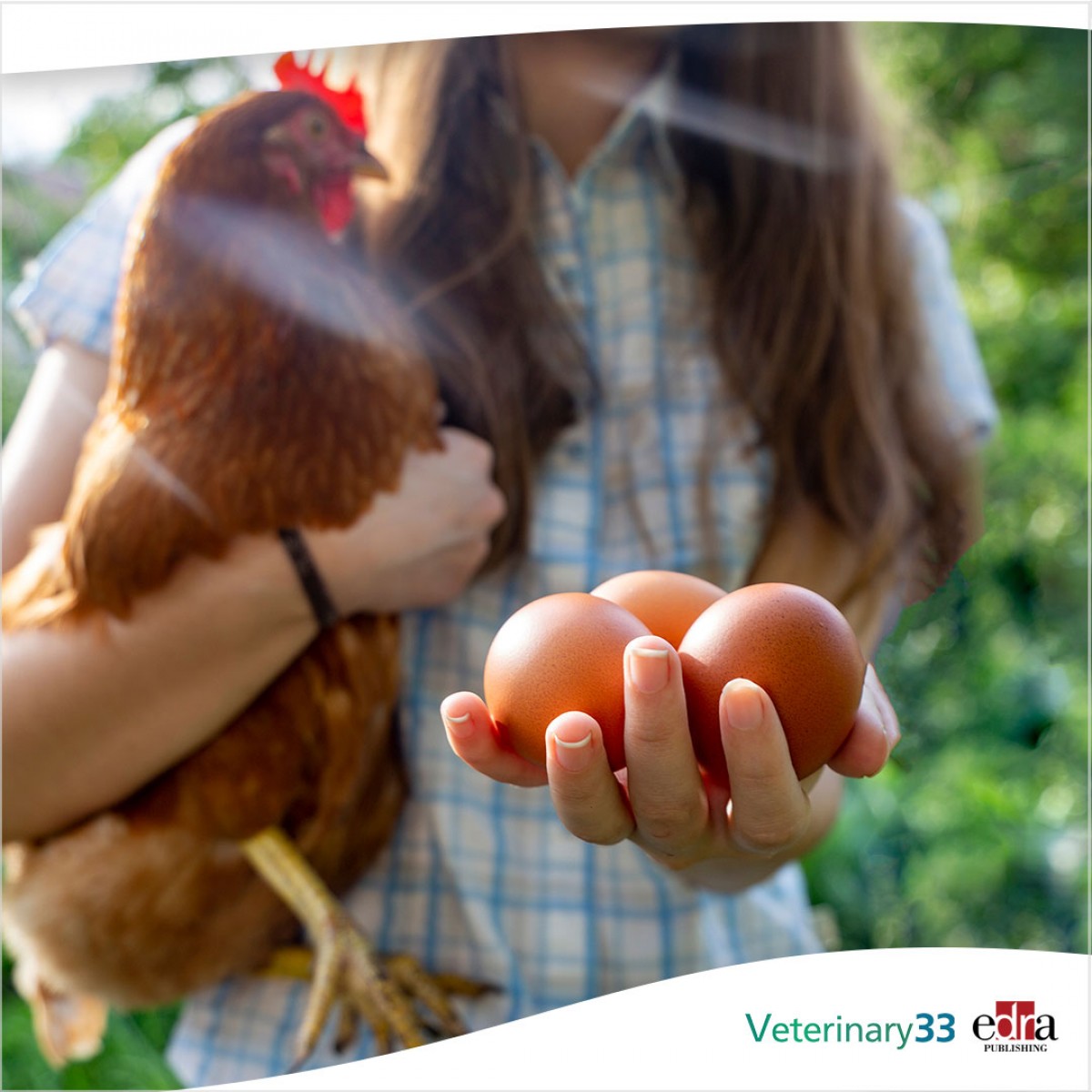The European SAFFI project seeks safer feeding for infants
Among the 20 participating partners is the Institute for Agricultural and Food Research and Technology (IRTA).
The European Union is promoting the Safe Food for Infants (SAFFI) project, the objective of which is to develop an approach to enhance the identification, evaluation, detection, and mitigation of safety risks posed by microbial and chemical hazards along infant food chains of the European Union and China.
The project is scheduled to run until the end of August 2024 and involves academia, food safety authorities, baby food companies, and data science and technology SMEs. EU funding in the Horizon 2020 project is almost € 4 million with a general budget of € 6.75 million.
Among the 20 participating partners is the Institute of Agricultural and Food Research and Technology (IRTA) of Spain, together with the French Agency for Food, Environment and Occupational Health and Safety (ANSES), the University of Wageningen in the Countries Netherlands, the Fraunhofer Institute in Germany, the manufacturers HiPP International and FrieslandCampina, as well as Zhejiang University, Yangzhou Fangguang Food Co. and Jiangsu Academy of Agricultural Sciences in China. The direction of the project falls to the National Institute of Agriculture, Food and Environment of France (INRAE).
Project plan
With the SAFFI project, partners will compare the main risks using a hazard identification system based on multiple data sources and a risk classification procedure. Four case studies will be selected to cover priority hazards, main ingredients, processes, and control steps in the infant food chain.
The goal is to uncover any unexpected contaminants using predictive toxicology and improve risk-based food safety management of biohazards using omic and predictive microbiology. The end result should be a decision support system designed to improve safety control throughout the food chain.
The resulting databases, tools, and procedures will be shared, cross-validated, linked, compared, and harmonized for later use in the EU and China.
The SAFFI project will also establish training and knowledge transfer activities to help the EU-China harmonization of good practices, regulations, standards, and technologies, and will work with other projects under the EU-China FAB flagship initiative on food safety control.














List
Add
Please enter a comment